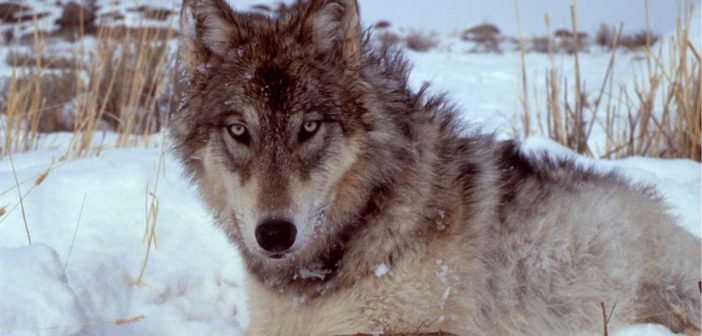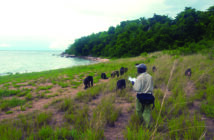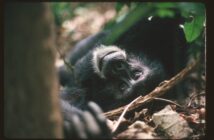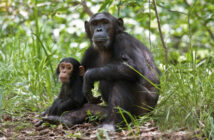Humans are proud and fortunate to share the Earth with such a beautiful diversity of species. In fact, a report by a United Nations expert has called on countries to protect biodiversity in order to protect human rights. However, diversity is dwindling. In just 100 years, the population of wild chimpanzees has dropped from an estimated one – two million, to just 300,000 (IUCN). This is only one example of population decline, but it is evident in almost every species, as many scientists have dubbed the Holocene epoch “The Sixth Great Extinction” (CNN). Thanks to government resources and legislation, we’ve been able to counter the downfall. Unfortunately, these protections are being threatened as things like the Endangered Species Act are under attack.
So what’s going on and what can we do?
The Endangered Species Act is a U.S. law which protects endangered and threatened species. “Endangered” means a species is in danger of extinction throughout all or a significant portion of its range. “Threatened” means a species is likely to become endangered within the foreseeable future.The Endangered Species Act is a vital piece of legislation, safeguarding 1,600 native animals and plants plus foreign species (such as chimps) making the total over 2,300. Since January, many bills have been introduced which would indirectly or directly undermine the Endangered Species Act (EarthJustice). Administered by USFWS and passed in 1973, the Endangered Species Act recognizes that people fundamentally value plants’ and animals’ “aesthetic, ecological, educational, recreational, and scientific value to our Nation and its people,” and that many of the world’s species are in danger of becoming extinct. It was estimated that over 200 species would have been wiped from the earth between 1973 and 2005 if it were not for the interventions of the Endangered Species Act. It is one of the only things preventing the great landscape of America from turning into a barren wasteland.
These attacks would poke holes in major necessary areas of the Endangered Species Act’s strength in a number of ways. The bills and suggestions range from repealing the Endangered Species Act, to reducing federal protections for individual species, like gray wolves. For instance, the misleadingly named, HELP for Wildlife Act, not only removes gray wolves from the endangered species list, it also blocks citizens from having access to the courts—they would never be able to use the court of law to put wolves back on the endangered species list in the future (no matter how much they decline). One of the most egregious bills, what conservationists call the Species Extinction Acceleration Act, would delist all species and require that Congress pass a joint resolution to list any species.
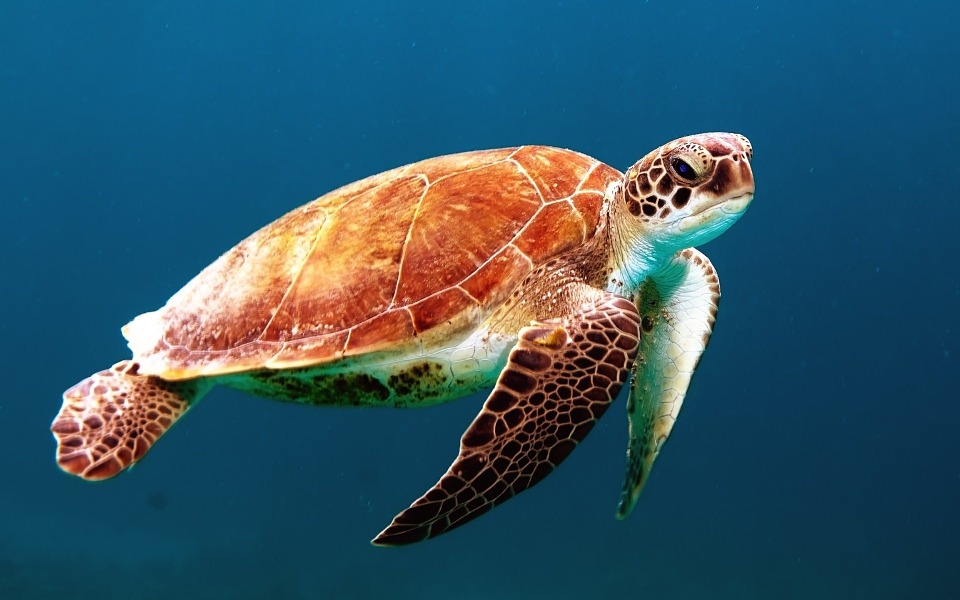
Along with the proposed bill assaults on the Endangered Species Act, the Trump administration has proposed budget cuts and protection funds are under fire, which could extend repercussions into Africa. A 12% cut to the Department of the Interior was suggested and to instead invest more in the development of oil, gas, and coal on public lands. Not only will less money be allocated to protecting wildlife, but more funds will be granted to the industries that speed up climate change, harming wildlife and humans alike. Even more worrisome, funds created as part of the Great Ape Conservation Act and African Elephant Conservation Act, under the Multinational Species Conservation Fund are in danger. The Trump administration has proposed a 13% cut to USFWS and an 18% cut to the MSCF. These funds support research, habitat management, law enforcement, and community education necessary for conservation and welfare, as well as a sustainable future. They cannot afford to lose funding.
Wild chimps were classified as endangered in 1990, and in 2015, thanks to efforts by USFWS and JGI, captive chimpanzees were reclassified from threatened to endangered. When a species receives the classification of being endangered, it is put on people’s radar. Organizations that work to conserve endangered species are likely to obtain more support to be able to take action. This system is similar to when the World Health Organization classifies a disease outbreak as a Public Health Emergency of International Concern. The importance of the Endangered Species Act cannot be underscored enough.
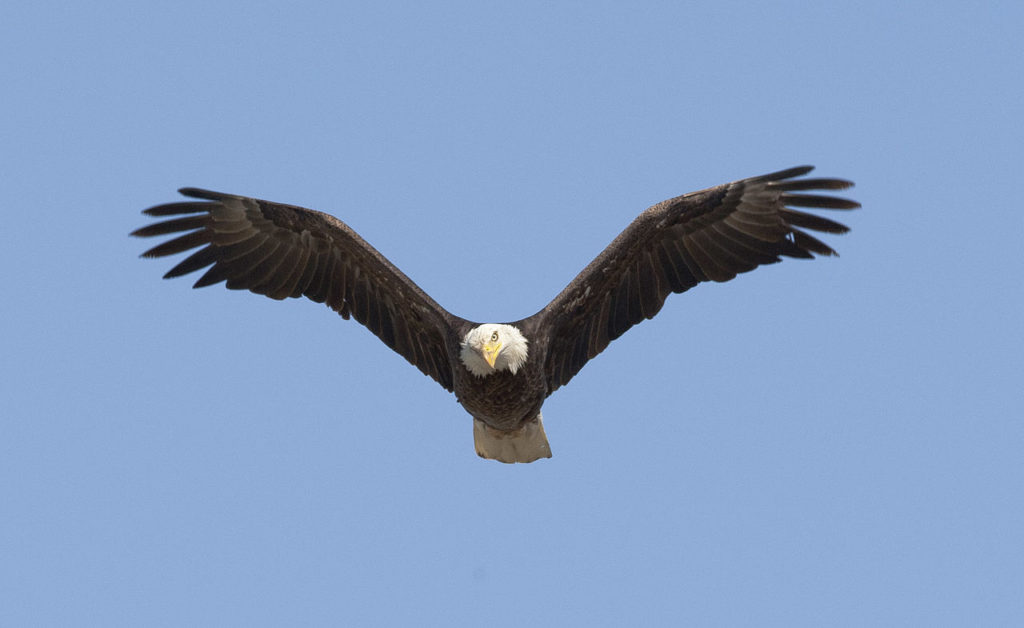 In some estimations, 99% of plant, animal and insect species are still here because of their protection under the Endangered Species Act, including the bald eagle (Defenders of Wildlife). For species like panthers, gray wolves, grizzly bears, salmon, sea turtles and thousands more, it is the reason they are still alive. Each of us must take action to stop efforts to attack the Endangered Species Act because without it, Earth’s complex and beautiful web of life will be destroyed. The Endangered Species Act and the organizations behind it shape our world and better our future. As Jane says, “The least I can do is speak out for those who cannot speak for themselves.”
In some estimations, 99% of plant, animal and insect species are still here because of their protection under the Endangered Species Act, including the bald eagle (Defenders of Wildlife). For species like panthers, gray wolves, grizzly bears, salmon, sea turtles and thousands more, it is the reason they are still alive. Each of us must take action to stop efforts to attack the Endangered Species Act because without it, Earth’s complex and beautiful web of life will be destroyed. The Endangered Species Act and the organizations behind it shape our world and better our future. As Jane says, “The least I can do is speak out for those who cannot speak for themselves.”
Contact your elected officials to let them know you do not support these attacks on the Endangered Species Act:
https://www.usa.gov/elected-officials
Go to http://www.oneactforall.com to take action

The Jane Goodall Institute is a global community conservation organization that advances the vision and work of Dr. Jane Goodall. By protecting chimpanzees and inspiring people to conserve the natural world we all share, we improve the lives of people, animals and the environment. Everything is connected—everyone can make a difference.


